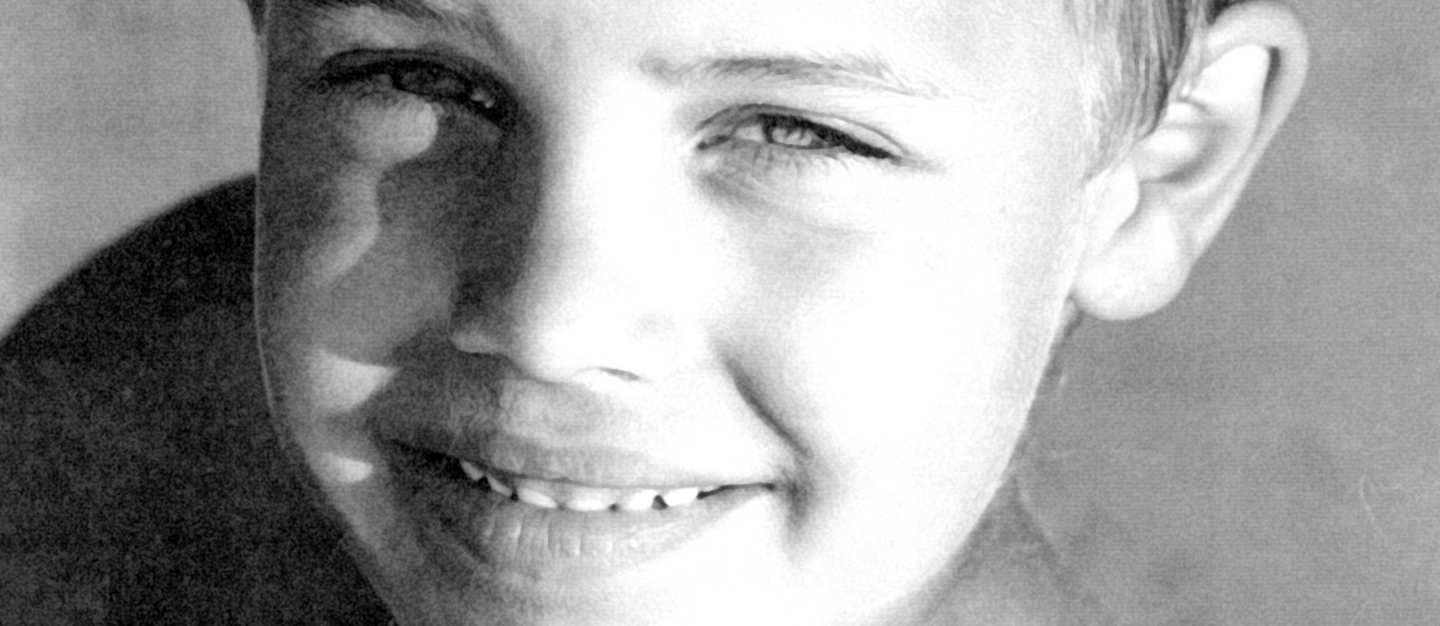
The legacy
A legacy is a legal act that allows you to pass on your assets after your death.
It is revocable: you can therefore change your will at any time.
There is no small legacy. It is the gesture that counts.
Thanks to its status as an association recognised as being of public utility, ELA is totally exempt from inheritance tax, whatever the value of the asset(s) transmitted.
Forms of legacy
The universal legacy
You bequeath your entire assets without distinction (movable and immovable).
The joint universal legacy
You decide to bequeath all of your assets to several universal beneficiaries, without designating the party.
On succession, they will each have the same rights and obligations.
The universal legacy
You wish to allocate a part or a share of your assets.
At the time of the succession, the beneficiary by universal title is bound to the extent of their legacy.
Legacy by particular title
You bequeath a specific asset.
There is no obligation for the beneficiary by particular title at the time of succession.
What can I bequeath?
You can bequeath all or part of your assets, whatever they may be (furniture, buildings, works of art, jewellery, vehicles, shares, and cash, etc.), while of course respecting the rule of the available portion so as not to harm your heirs.
If you have no heirs, without a will, all your assets revert to the State.
What do I need to do to bequeath?
You must do this in your will. It is a simple and necessary gesture.
It can take two forms:
- The so-called “holographic” will must be written entirely in your handwriting, dated and signed by you. For greater security in respecting your wishes, we advise you to deposit this will with the notary of your choice, who will have it registered in the central file of the last will provisions.
- The so-called “authentic” will is drawn up by the notary who notes your wishes in your presence.